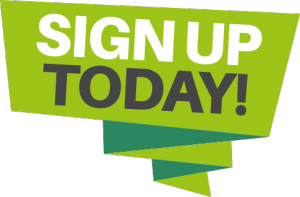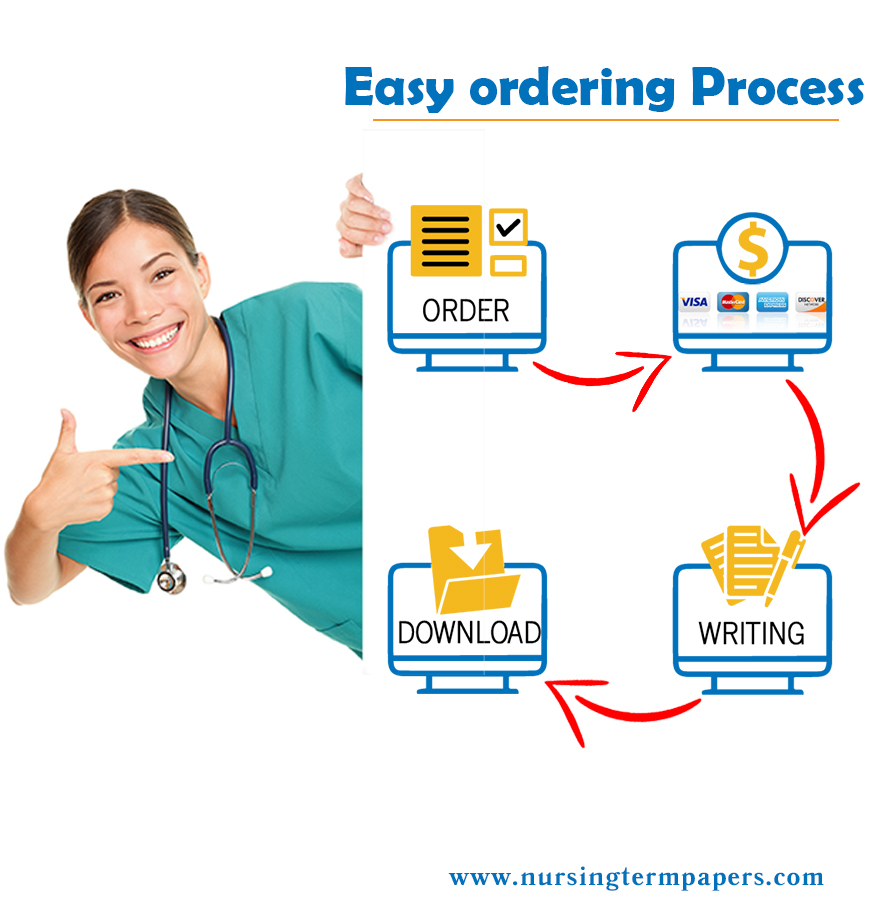What skills are required to conduct an effective research interview? Do they differ from those required for an effective therapeutic interview and does it matter?
What skills are required to conduct an effective research interview? Do they differ from those required for an effective therapeutic interview and does it matter?
References
Bulpitt, H., & Martin, P. J. (2010). Who am I and what am I doing? Becoming a qualitative research interviewer. Nurse Researcher, 17(3), 7-16.
<!–Additional Information: Persistent link to this record (Permalink): http://ezproxy.library.capella.edu/login?url=http://search.ebscohost.com/login.aspx?direct=true&db=aph&AN=50369041&site=ehost-live&scope=site End of citation–>
Section:
qualitative data collection
Who am I and what am I doing? Becoming a qualitative research interviewer
Helen Bulpitt and Peter J Martin discuss using reflexion to make research processes in studies transparent
Qualitative research can be influenced by the researcher’s role in the study. Here, the authors propose reflexive methodologies as a means by which the processes undertaken by the researcher can be made transparent and used as part of the data. Using this approach, this paper explores the experience of becoming a qualitative research interviewer. It provides an account of dilemmas faced while undertaking a series of semi-structured interviews as part of a discourse analytic study into the practice of clinical supervision in a number of mental health professions.
key words: interview technique; ethical research; professional identity; clinical supervision
Introduction
All research needs to demonstrate the trustworthiness of the researcher and the credibility of the methodology. Reflexive methodologies have been proposed as a means by which the researcher’s process can be made transparent and used as part of the data (Alvesson and Sköldberg 2000, Freshwater and Rolfe 2001, Carolan 2003, Etherington 2004).
While undertaking a research project investigating the practice of clinical supervision in a number of mental health professions, one of the authors (HB) conducted a series of semi-structured interviews involving supervisors and supervisees from mental health nursing, clinical psychology and counselling. The process prompted consideration of some emerging dilemmas:
* What skills are required to conduct an effective research interview? Do they differ from those required for an effective therapeutic interview and does it matter?
* How do I manage the discrepancy in my levels of understanding and experience between the three professions involved in the research, and does that matter?
Reflexive responses to these dilemmas identified some ethical considerations potentially relevant to qualitative research interviewing in general.
Interview technique
I came to this research with more experience as a counsellor than a reseacher. With a commitment to taking a reflexive approach to my research, I needed to articulate some of the dilemmas I faced undertaking an interpersonal interview as a researcher rather than as a counsellor.
Four related issues emerged:
* Interviewing interventions.
* The ‘self’ as a research instrument.
* Professional identity.
* The distinction between a research and a therapeutic interview.
Interviewing interventions
While interviewing using a reflexive approach, I realised that the types of questions, responses and interventions I was making during the interviews were noticeably similar to those that I would make during the course of a therapeutic interview (Box 1).
These interventions derive from the process of establishing ‘psychological contact’ (Rogers 1951) in a therapeutic interview. While their familiarity felt reassuring, I wondered if they were appropriate in the context of a research interview and if they could inhibit the development and discovery of new skills and interventions more suited to a research interview.
According to Ritchie and Lewis (2003) the qualitative interviewer requires:
* A clear, logical mind.
* An ability to listen.
* A good memory.
* Curiosity.
* An ability to establish a good rapport and to empathise.
These elements are not dissimilar to those required by a competent counsellor (Truax and Carkhuff 1967, Wheeler 2000). Empathy is particularly pertinent: ‘The interviewer has an empathic access to the world of the interviewee [and] uses him or herself as a research instrument’ (Kvale 1996). To extend empathy, whether towards a therapeutic client or a research respondent, I seek to understand the world as they understand it and to clarify and check my understanding with them.
As Kvale suggests, empathy demands that the interviewer makes use of the ‘self’ and becomes personally engaged in the exchange as a ‘research instrument’. Such engagement requires a level of transparency of the ‘self’ which nonetheless operates in boundaries. The extent to which the ‘self’ should or does operate in the research process is itself contested.
The ‘self’ as a research instrument
Interviewers can influence the data that are gathered (Hyman 1954, Judd et al 1991) despite efforts to eradicate or minimise bias from the interview process. A reflexive approach can help promote ‘an understanding of self in context’ (Freshwater and Rolfe 2001); the research interview is a jointly constructed conversation (Mishler 1986, Scheurich 1997) and a form of discourse (Mishler 1986, Fontana and Frey 2005, Freshwater 2007), whereby the joint construction of meaning can achieve ‘an acceptable level of shared agreement’ (Mishler 1986). In this ‘discursive conversation’, my unique bias has the potential to be beneficial to the research process, becoming ‘an essential pre-requisite for situated understanding and positive action’ (Freshwater and Rolfe 2001).
A reflexive awareness of my ‘self’ and my bias could be likened to congruence (Rogers 1951). In counselling, this means that the way in which I present myself as a counsellor to the client must be authentic – that is, genuinely me, albeit not always expressing the whole of me.
Professional identity
As I had identified that congruence and empathy were required, I wondered if there were other counselling elements I could take advantage of. Leslie and McAllister (2002) commend the potential value of dual professional roles – in their case, nurse and researcher – by exploring the qualities of ‘nursedness’. They argue that nurses should reclaim their ‘nursedness’ for the benefit of themselves as researchers and of the research participants. They allude to such qualities as ‘the ability to make the extraordinary ordinary; the ability to give people permission to talk about social taboos or the unspeakable; the intimacy and immediacy within the relationship that encourages disclosure; an enduring faith in the honesty and ethics of nurses… Having the ability to listen empathically, to ask gently probing questions and to practise regular reflection and clarification are skills common to good clinicians that can enhance their relationships with participants in ways that promote rather than hinder their empowerment’ (Leslie and McAllister 2002).
PLACE THIS ORDER OR A SIMILAR ORDER WITH Submit Your Homework TODAY AND GET AN AMAZING DISCOUNT



Buy Nursing Papers
The post What skills are required to conduct an effective research interview? Do they differ from those required for an effective therapeutic interview and does it matter? appeared first on Submit Your Homework.
